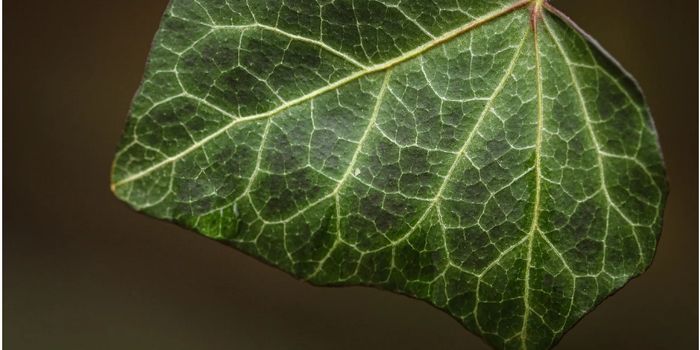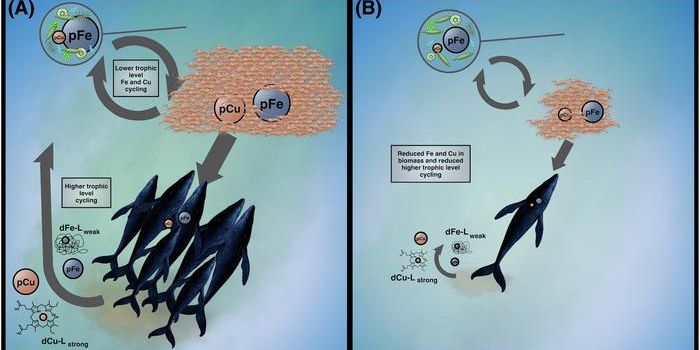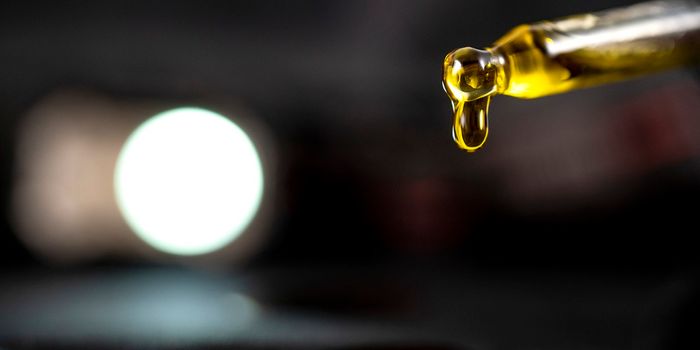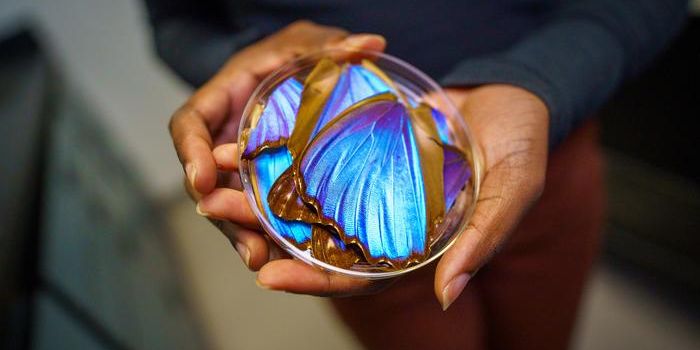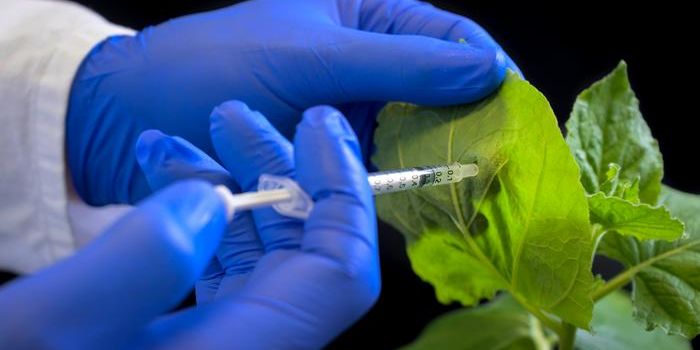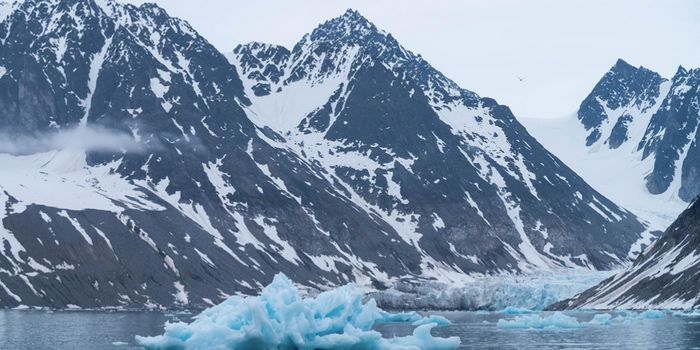This Beached Whale Had A Stomach Full of Plastic Bags
The problem with ocean pollution doesn’t just make the oceans look trashy, but it can also have adverse side effects on the ocean wildlife. It impacts animals large and small, including marine mammals like whales.
While so many of the creatures have been beaching themselves for unexplainable reasons recently, it would seem that a rare goose-beaked whale recently washed up on Norway and was so ill that it needed to be euthanized.
Following the procedure, the scientists decided to perform a necropsy to learn more about what was making the two-ton creature feel ill enough to beach itself. Inside of its stomach, they found that the organ was nearly full of as many as 30 plastic bags, and this meant that there really wasn’t much room left for food.
Image Credit: University of Bergen
Unlike some other materials, plastic isn’t one that can be digested once it enters an animal’s body. It will simply stay in the stomach and will often out-live the animal that ate it in the first place. More importantly, it takes up volumetric space, so there’s less room for the animal to eat actual food when it gets hungry. The only actual food the scientists discovered were bits of a squid’s head.
The bags ranged in size, from small bread bags to much larger trash bags. Researchers don’t think the whale ate the bags on purpose, but rather mistook them for some kind of squid while they were drifting around in the currents under the water surface.
Judging the scenario, it was believed that the animal may have been in incredible pain for a long while. The lack of blubber suggests that it wasn’t eating enough.
“It wasn’t like it was in just part of the stomach,” said University of Bergen zoologist Terje Lislevand. “It filled up the whole space. It’s the explanation of why the animal acted so strange and stranded.”
“I’m afraid to estimate how long it could have taken before his stomach was totally full,” he said. “In this case, the plastic particles accumulated and created a barrier in the system.”
Unfortunately, this isn’t something that is likely to change any time soon. Plastic bags are so widely used around the world that even if everyone switched to biodegradable solutions today, there are already so many non-biodegradable plastic bags in the oceans that the effects will be felt for many, many years, decades, or even centuries to come.
The problem with plastic pollution doesn’t affect just the life below the ocean’s surface; it also affects those above it. Sea birds are also susceptible to eating plastic because the bits and pieces they pick up often smell just like fish bits, something they naturally snack on when available.
Cleaning up our oceans will be nothing short of a complicated task, but in the end, it would be worth the efforts to help protect and save other wildlife that are currently suffering in similar situations as this euthanized whale.
Source: University of Bergen via Huffington Post


